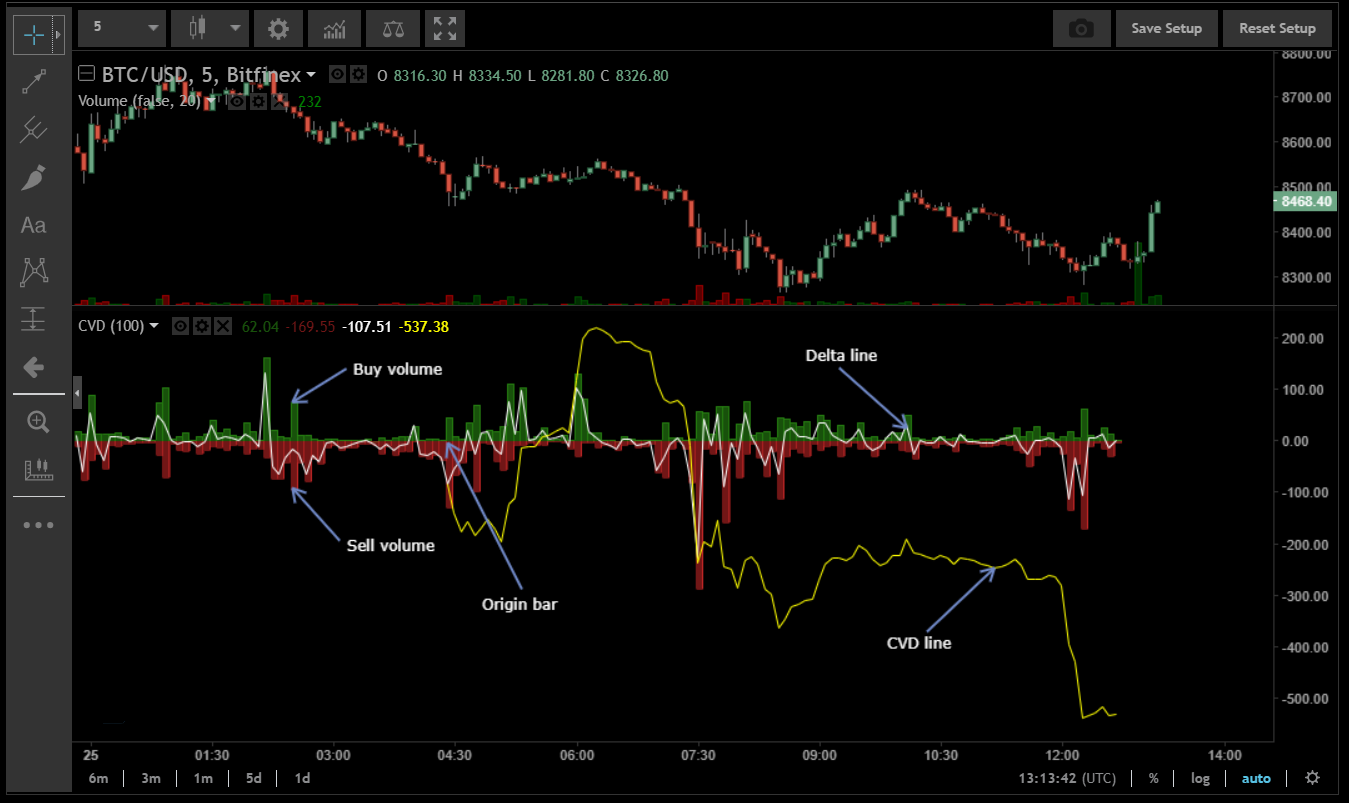

The species is made up of at least 13 different serotypes, all of which can cause listeriosis, but the most commonly found in human infection is serotype 4b. monocytogenes is by far the most important and is the cause of most reported cases of human infection. Four species have been implicated in cases of human illness, but L. The genus currently contains six species, L. What is Listeria monocytogenes?īacteria of the genus Listeria are Gram-positive, facultatively anaerobic, non-spore forming rods and are common in the natural environment.

It has now become the target for much of the microbiological testing carried out by the food industry. Although the incidence of listeriosis is at least 100 times lower than those of other foodborne pathogens, such as Campylobacter and Salmonella, the seriousness of the disease, the high mortality rate (up to 40% in some outbreaks) and the fact that it mainly affects vulnerable sections of the population, has focused a great deal of attention on L. monocytogenes is an environmental contaminant mainly transmitted to humans through food.

These outbreaks led the World Health Organisation to conclude that L. In the UK, a peak of nearly 300 cases was reached in 1988 and this is thought to have been the result of a single foodborne outbreak associated with pork pâté. Foodborne outbreaks of listeriosis were reported in North America and Europe in the 1980s, and the incidence of the disease rose steadily year-by-year. All that began to change in 1981, when it was first discovered that Listeria monocytogenes could be transmitted by contaminated food. Discovered around 100 years ago, it was a very occasional cause of meningitis and septicaemia, especially in newborn babies, but received little attention. Up until the 1980s, Listeria was considered a rather rare and little known bacterial genus.


 0 kommentar(er)
0 kommentar(er)
